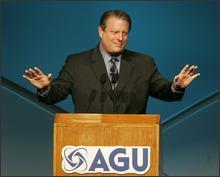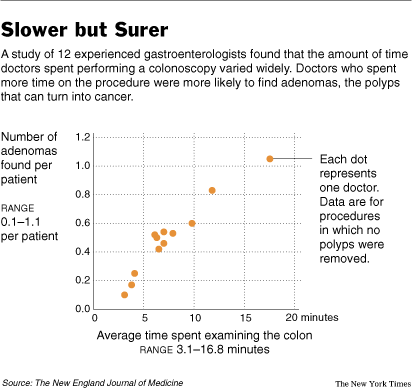Dan Sarewitz, a professor at ASU and faculty affiliate at the CU Center for Science and Technology Policy Research, has penned a thought-provoking essay on science and religion in the latest CSPO Newsletter. Here is an excerpt, but do read the whole thing (and bring your thinking cap).
Now the most serious conflicts among humans are all, at root, conflicts about how to balance a variety of moral concerns such as justice, equality, and liberty. So, when scientists argue that the world would be better off without religion, then they are also arguing that humans would be better able to solve their deepest and most vexing problems in the absence of religion. A slightly different way to make the scientific claim is this: Moral discourse among those who don’t believe in ultimate meaning will yield more satisfactory results for society than if such discourse also includes believers.
But what difference does it make if you trace your morals and values to a non-existent supernatural authority, or if you trace them to biochemically and culturally determined cognitive processes? There may be a psychological difference—the difference between delusion and realism—but neither position, according to the scientific perspective, can make a claim to moral authority; both are irrational in the scientific sense. So the key point here cannot be the fact that believers are delusional about the source of their beliefs, rather it must be that, in being delusional, believers’ beliefs are less good than nonbelievers’ beliefs.
Why, then, should scientists expect that the world would be a better place if moral discourse was dominated by people who don’t believe in god than if it was dominated by believers? The answer is obvious: because the scientists making this argument are people who don’t believe in god! So of course they think that if they made all the important choices the world would be better!! They’d be making the choices!!! In other words, this is a political claim, not an a priori statement about rationality. This must be the case because there is, from the serious scientific perspective, no authoritatively rational solution to moral dilemmas, there are only political solutions. Put somewhat differently, science’s claim to ultimate knowledge is precisely what robs it of any legitimate claim to special privilege in public, and moral, discourse.
Dan ends the piece as follows:
The challenge here to scientism is as profound as the challenge to fundamentalism. From a scientific perspective, views rooted in supernatural explanations are views rooted in lies. This may be factually correct, but the rigors of pluralistic discourse demand that these lies have a seat at the table, right along side the neurologically and evolutionarily contingent preferences of the highly rational. This is not a matter of principle but of logic tempered by experience. There is no reason to believe that good moral reasoning derives from the scientific rigor of one’s views of ultimate causation. There are some lies that society cannot do without.
The antidote to irrationality is not its contrary, but its plural. It’s about inclusiveness, pluralism, democracy, not about rationality versus irrationality. The problem with fundamentalists is not God but fundamentalism. Conflating fundamentalism with all of religion is like conflating particle physics with all of science. Fundamentalists and physicists might like to claim that they alone occupy the solid ground of ultimate authority, but the rest of us know differently. A world run by like-thinking scientists is as horrific to contemplate as one run by like-thinking evangelicals.
The only questions I have is, when is this guy going to get a MacArthur Grant already?
Read the whole thing.

